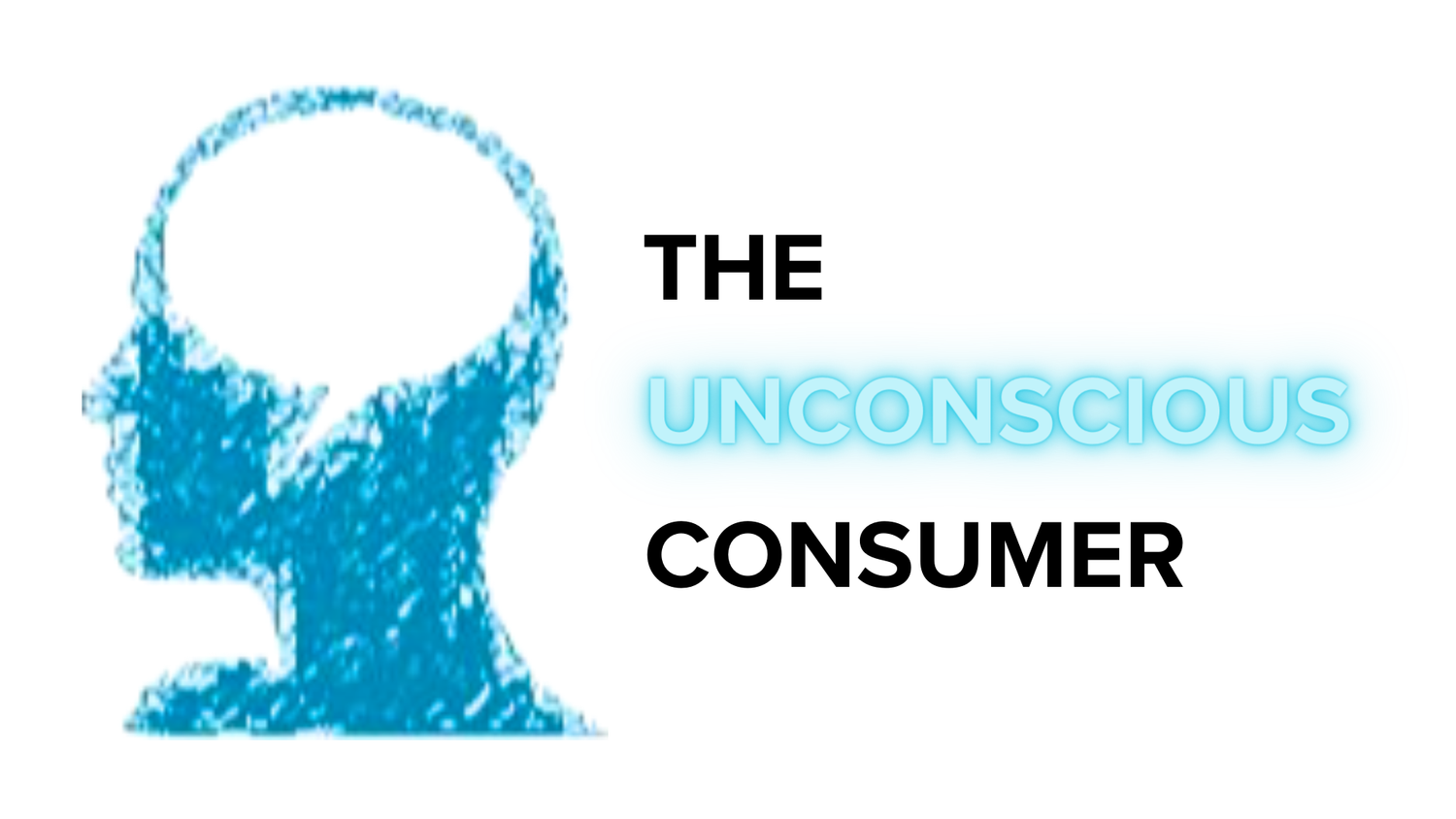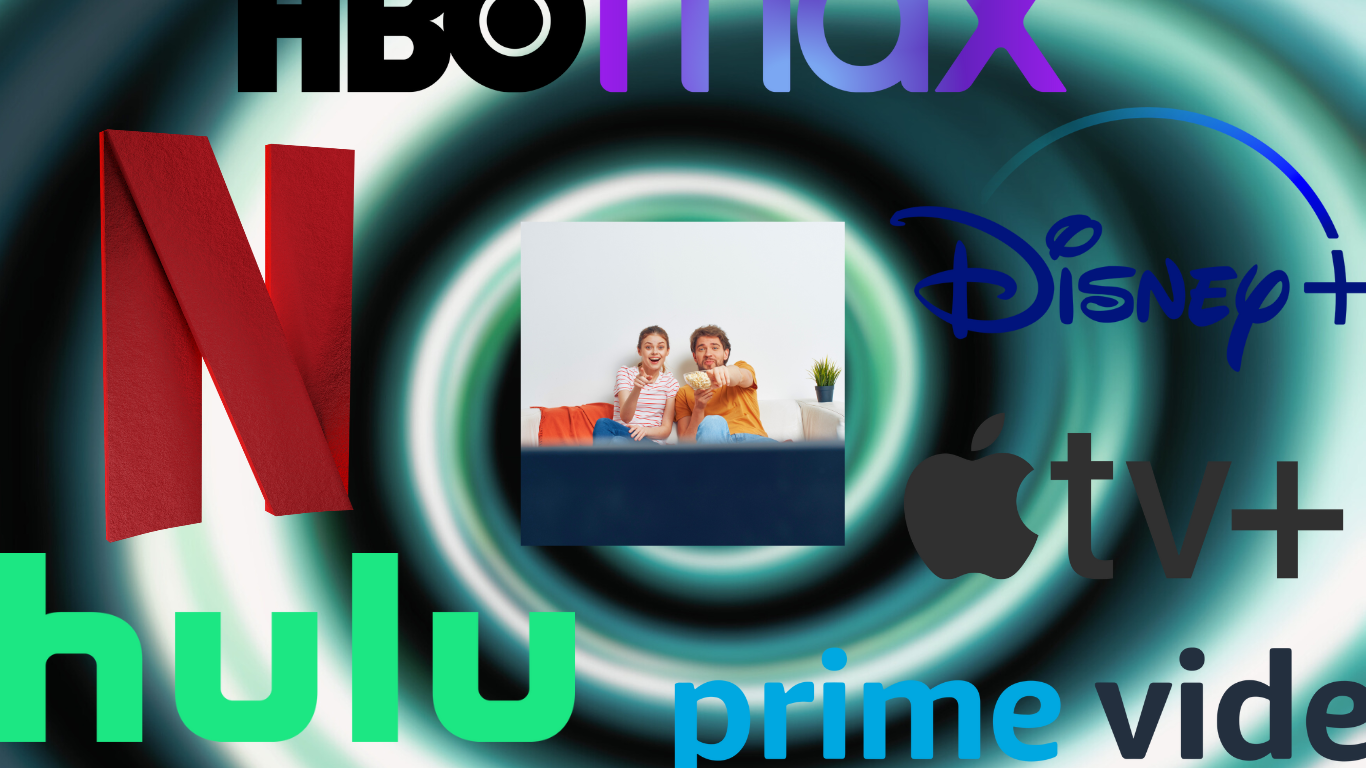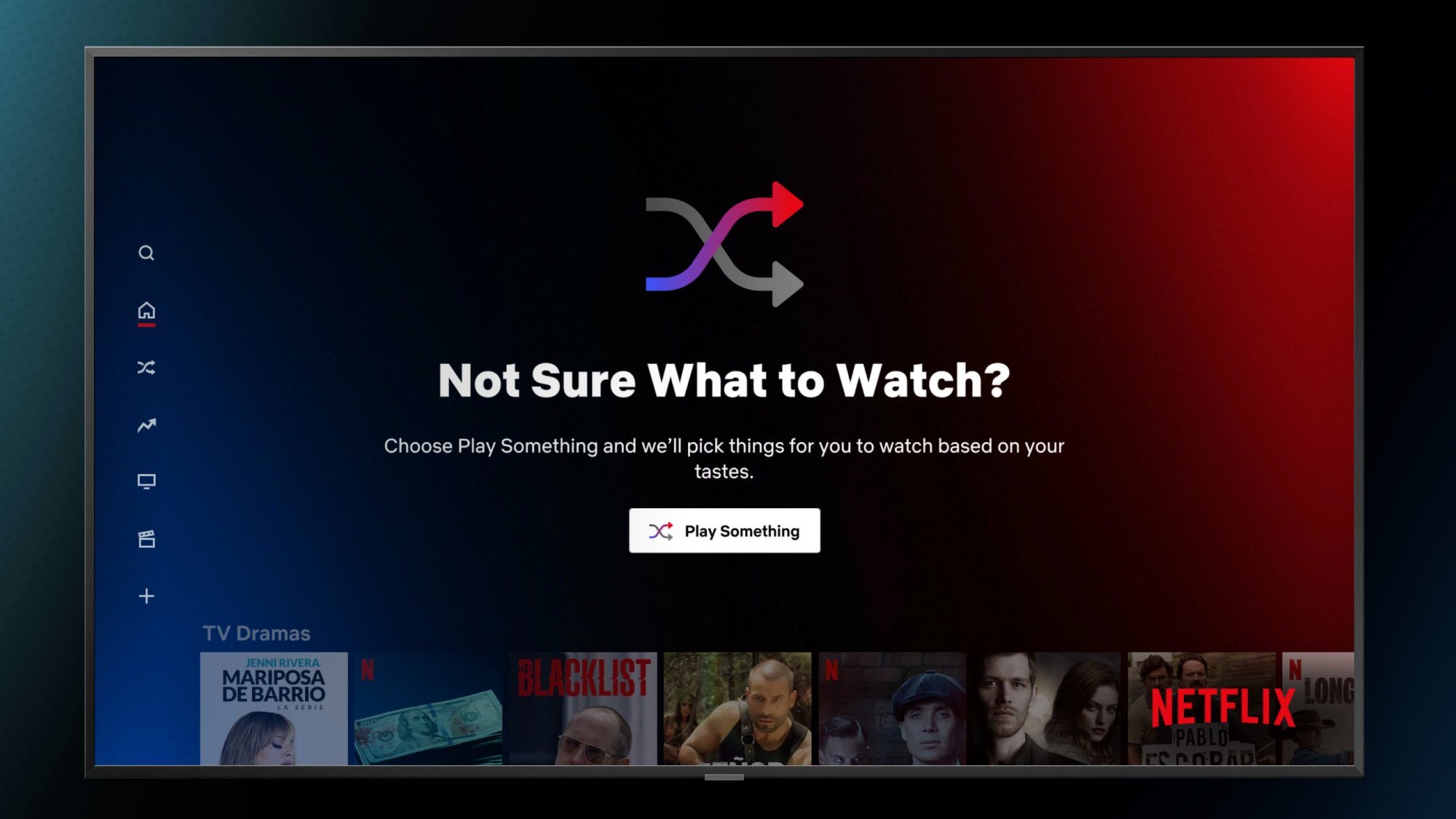Navigating the Paradox of Choice in Today's Streaming Wars
The evolution of the entertainment industry has been nothing short of revolutionary in the past decade. A sector once dominated by a handful of cable providers and networks has been disrupted by the advent of online streaming platforms. With the introduction of industry leaders like Netflix and Hulu, followed by the entrance of powerhouses such as Disney+, HBO Max, Amazon Prime Video, and a multitude of other services, consumers are now faced with an astounding array of choices for their entertainment needs.
The Double-Edged Sword: Paradox of Choice in the Streaming Wars
This phenomenon, the so-called "Streaming Wars", while seeming to give consumers unprecedented freedom of choice, may also be a double-edged sword. Enter the "Paradox of Choice", a concept brilliantly explored by psychologist Barry Schwartz in his book of the same name. Schwartz posits that while some choice is undoubtedly better than none, more is not always better. As the number of options increases, the effort needed to make a choice increases, and the level of satisfaction with the choice decreases.
The Endless Scroll: When More Becomes Too Much
This concept is painfully relatable for anyone who has scrolled endlessly through Netflix's catalogue, feeling overwhelmed and indecisive. The sheer abundance of options can sometimes lead to anxiety and dissatisfaction rather than pleasure from a rich viewing experience.
Tailoring Entertainment: Personalized Streaming as the Future
So, what does a future look like where the streaming industry continues to flourish, but consumers are also saved from the paradox of choice? One solution could be a more streamlined, personalized approach by streaming platforms. Instead of offering an overwhelming catalogue, platforms could curate content based on individual user preferences, viewing history, and even mood. This not only simplifies the decision-making process but also adds a layer of personalization that enhances customer satisfaction.
Consolidation or Confusion: The Potential of Mergers in Streaming Services
Another possibility could be the consolidation of some of these platforms. While competition fosters innovation, an excessive number of similar services can confuse consumers. Strategic mergers could reduce the number of choices while ensuring that the content remains diverse and of high quality.
Embracing Simplicity: Intuitive User Interfaces and the 'Surprise Me' Feature
In addition, smarter, more intuitive user interfaces can also help navigate the paradox of choice. Platforms could offer a 'surprise me' feature, for instance, that chooses a movie or TV show for the viewer, relieving them of the decision-making burden.
Back to the Future: Emulating the Traditional Cable TV Experience
Interestingly, the "surprise me" feature takes us a step further into an intriguing possibility: What if we let the streaming service choose for us entirely? This hands-off approach might initially seem counterintuitive in an age where customization is king, but there's a certain appeal to the simplicity it offers.
Consider the traditional cable TV experience. Despite the lack of choice compared to today's streaming services, there was something uniquely satisfying about turning on the TV and being presented with a show or movie. The decision was made for us, and all we had to do was sit back and enjoy. Could this be the next evolution in streaming?
This doesn't mean we'd lose control over our viewing experience entirely. Streaming platforms could leverage advanced algorithms to understand our viewing habits and preferences better than ever before. They could curate a personalized lineup of content, just like a cable TV schedule but tailored specifically for us. We could still have the option to choose, but with the added convenience of a recommended daily schedule.
Balancing Act: Variety and Simplicity in Viewing Experience
Ironically, by coming full circle and emulating aspects of the traditional cable TV experience, streaming services could alleviate the paradox of choice that's become so prominent in the Streaming Wars. The key difference, however, is that this new era of "cable TV" would be deeply personalized, harnessing the power of modern technology to deliver a viewing experience tailored to our individual tastes.
In this scenario, we could enjoy the best of both worlds: the rich variety of content that streaming services offer, and the simplicity and serendipity of traditional TV. The future of streaming might look surprisingly familiar, but it also promises a level of personalization that we've never seen before. And in the balance between choice and simplicity, we might just find our happiest viewing experience yet.
Choosing Wisely: The Secret to Winning the Streaming Wars
The future of streaming doesn't necessarily lie in offering more, but in providing wisely. The key to winning the streaming wars might just be knowing that sometimes less is more and that by limiting choices, we can create a more satisfying viewing experience. In the end, perhaps the most fitting guidance comes from Schwartz himself, who writes in "The Paradox of Choice": "Learning to choose is hard. Learning to choose well is harder. And learning to choose well in a world of unlimited possibilities is harder still, perhaps too hard."
“The key to getting the most from choice is to be choosy about choosing.”
As we navigate the future of the streaming industry, we might just find that the secret to happiness is not in more choice, but in better, more personalized choice. In relinquishing a bit of control and letting the algorithms curate our viewing experiences, we might discover a newfound appreciation for the simplicity of traditional TV, all the while enjoying the rich variety of content that modern streaming services have to offer.
In the words of Schwartz, "The key to getting the most from choice is to be choosy about choosing." As we look ahead to the future of streaming, let's choose wisely, embrace simplicity, and ultimately, let's choose to enjoy the show.
Want to share your thoughts? Feel free to share them in the comments section below or on social media.


